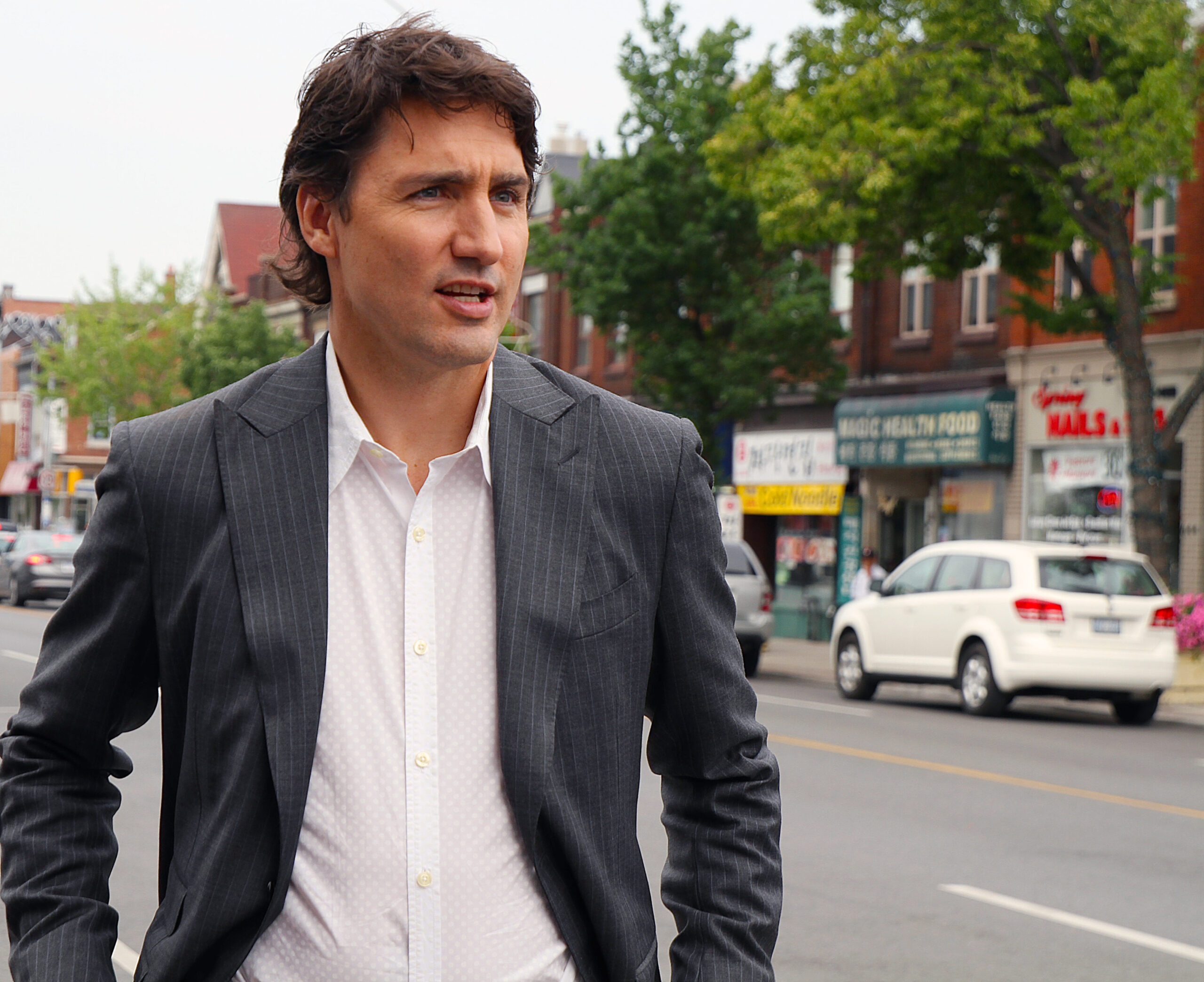When Pierre Trudeau’s government passed a law partially decriminalizing homosexuality in 1969, he was responding to an uproar caused by the imprisonment of Everett George Klippert, who was declared a dangerous offender for having consensual gay sex.
And when his son, Prime Minister Justin Trudeau, apologized to the LGBT community on Nov 28, 2017, he had been partially prompted by a Globe and Mail investigation into Klippert’s life.
As part of that effort at historical redress, the Liberal government also just passed a bill through the House of Commons that would wipe clean the criminal records of people convicted of “historically unjust convictions” involving consensual gay sex.
But there’s a problem: there’s no guarantee that Klippert, or many other people convicted of the wrongs that Trudeau’s government just apologized for, will actually be able to have their records expunged.
“Even if Everett Klippert’s family wants to go forward with an expungement — which I hope they do, he certainly should have the charges against him expunged — they’re going to have some difficulty trying to prove consent,” says Gary Kinsman, a queer historian and co-author of The Canadian War on Queers. “The onus is entirely put on the individual or the individual’s representative.”
Instead, Kinsman would have preferred across-the-board expungement for certain offences, unless the state can prove there was a lack of consent.
That’s just one of the problems with Bill C-66 — which was rushed through the House of Commons with all-party consent — that four LGBT historians, including Kinsman, have pointed out.
The legislation would only cover a small number of offences, including gross indecency, buggery and anal sex. Convictions under the bawdy house laws, which were used against most people caught up in gay bathhouse raids, aren’t included.
“Whether it’s the large bathhouse raids in Toronto in 1981, or the Katacombes raid in Montreal in 1994, when 174 people were charged; none of them could actually try to get expungement under this legislation as it’s currently written,” Kinsman says.

Gary Kinsman, who attended the government’s apology and reception at Drill Hall, above, says the real story here lies in decades of queer resistance to the purges. Credit: Nick Lachance/Xtra
Indecent acts, used to charge men having sex in bathrooms or parks, isn’t included either.
Neither is vagrancy, which was used to target trans and gender nonconforming people.
“What is covered right now is only a fraction of the offences that should be covered,” says Kinsman.
Svend Robinson, Canada’s first openly gay MP and a member of the committee that drafted the apology, also believes the legislation doesn’t go far enough.
“Those laws are still on the books and people are still carrying the convictions for those and the scars from those,” he told Xtra. “And that bill is unfinished business as well.”
The government has given a variety of reasons for why many of these offences aren’t covered by the legislation.
Randy Boissonnault, the prime minister’s LGBT advisor, told Xtra on Dec 1 that the government could only expunge criminal offences that are no longer on the books.
“What expungement pertains to are those old offences that used to be on the books for which people were criminally charged,” he said.
However, Kathy Thompson, the assistant deputy public safety minister, said during a committee hearing on the bill that the bawdy house laws weren’t included because they captured acts that were “deemed to be immoral at the time,” namely sex work.
“Bawdy houses were intended to capture a broader range of sexual acts, including between opposite sex partners, and also often were targeting what was deemed to be immoral at the time, including sexual acts in brothels and sexual acts for which payment was being made for sexual services,” she said. “We did not include these at this juncture.”
However, there’s no evidence that people charged in bathhouse raids were engaging in sex work — the majority were charged as “found-ins” (as in: they were found in a bathhouse), meaning police didn’t even necessarily witness them engaging in sex of any kind.
“I think if they want to try and make that argument, that’s incredible,” says Kinsman, noting that bawdy house charges spurred some of the largest mass arrests in Canadian history.
Kinsman says that once again the Canadian government isn’t listening to LGBT people.
“There was no consultation about the legislation before it was introduced,” he says.

 Why you can trust Xtra
Why you can trust Xtra


